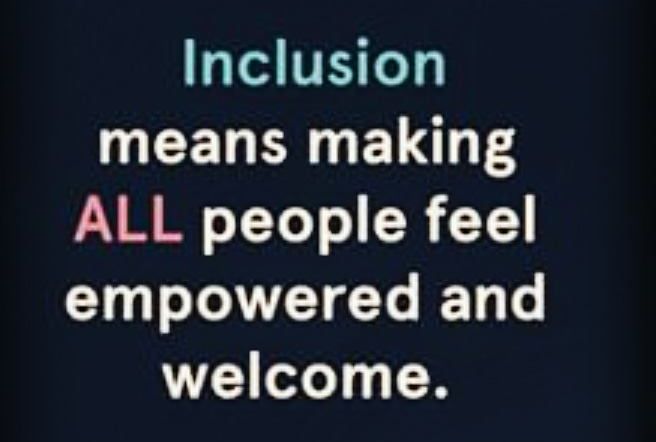To avoid bigotry and discrimination, we must learn about the broad human spectrum of gender-diverse experiences, now and in the past
By Chrissy Stroop. Published 12-23-2021 by openDemocracy

Imae: Sonzal Welfare Trust/Facebook
This week, openDemocracy published a story about Indian-administered Kashmir’s transgender community. The article focused on the longstanding cultural role that transfeminine Kashmiris have played (and still play) as matchmakers and wedding performers, as well as on the bullying and marginalisation that they experience, in most cases beginning with their own families.
The article ends on a note of hope, observing that living as their authentic selves outside a performance context is becoming a realistic option for some young transwomen, and quoting an Islamic cleric who is opposed to anti-trans discrimination.
Reading the piece, I was struck by how, even in a generally strict, patriarchal culture, a recognised space – however marginal – has been carved out for the expression of gender nonconformity.
It made me reflect on how little I, an American transwoman, know about the very broad human spectrum of historical and contemporary gender-diverse experiences, something I am determined to learn more about in 2022. I wish the major media gatekeepers in both the US and the UK would commit to doing the same thing: it might help provide a more fair and humane representation of trans people and our concerns.
Unfortunately, it’s more likely that even the BBC will go on dismissing the matter with phoney fears of “hundreds of genders that don’t have legal definitions”. Racist mockery of non-Western approaches to gender nonconformity will continues, such as the notion of “two-spirit” people found in many Indigenous American societies, in which such people were often revered members of their communities.
If knee-jerk rejection of the unfamiliar is the easy path to bigotry and discrimination, recognising that we don’t know what we don’t know is the way to start learning to do better by people whose experiences lie outside the scope of our own.
This is important when it comes to decolonisation. It is highly salient that the British Empire imposed Victorian gender roles and sexual mores (and their attendant anxieties) on the colonies it occupied and administered. For example, India’s law banning gay sex – which was finally overturned in 2018 – was a colonial law, only on the statute books because of British rule.
As openDemocracy’s former fellow Arya Karijo, a Kenyan transwoman, has compellingly shown, British colonial rule also worked to stamp out and erase a variety of gender-diverse identities in Africa. Of course, the various kinds of trans and non-binary identities that have existed – and do exist – throughout the world have experienced varying degrees of acceptance, ranging from reverence to severe marginalisation.
It would be wrong to lump them all together. Or for Western queer folks to appropriate them as our own. Or for Westerners to dictate specific paths to the decolonisation of gender and sexuality in former colonies.
Even so, the very existence of this gender diversity reveals that the right-wing religious argument that queerness and LGBTQ rights advocacy are “Western imports” is transparent gaslighting.
Over the last decade or so, certain religious leaders and politicians in Uganda, encouraged by Western missionaries, have been pushing this argument as they advocate for the death penalty for “aggravated homosexuality”. In recent years, Putin’s increasingly authoritarian and Christian-centric Russia has also been a major source of disinformation about the supposedly “Western” nature of LGBTQ identities, providing fuel for those Western “leftists” – not least Britain’s very visible contingent of trans-exclusionary radical ‘feminists’ (TERFs) – to deceptively frame their anti-trans hate as “anti-bourgeois” and “anti-colonialist”.
In fact, it’s quite the opposite. TERFs are white feminists exhibiting an imperial mentality in their drive to erase and suppress those who fall outside the lines of the gender binary. TERFs’ warm reception in the British press is surely one reason that, this September, the Council of Europe announced that it “condemns with particular force the extensive and often virulent attacks on the rights of LGBTI people that have been occurring for several years in, amongst other countries, Hungary, Poland, the Russian Federation, Turkey and the United Kingdom.”
Backlash against human rights
We are living in a period of democracy in crisis, surging political reaction and backlash against human rights. In this climate, gender nonconforming people are disproportionately targeted for violence. It is a shame that many people who self-identify as leftists, and major media outlets in supposedly democratic societies, are adding fuel to the fire instead of working to protect and include the trans population as part of the general pursuit of liberation and equality.
According to monitoring by Transrespect vs. Transphobia Worldwide, 2021 has seen a record-breaking 375 reported murders of transgender individuals – a number that probably only scratches the surface, since many such murders are not reported as hate crimes.
This seems to me to be a good reason for people who are committed to democracy and human rights to resolve to learn more about historical and contemporary gender diversity across the world in the New Year.
This article is published under a Creative Commons Attribution-NonCommercial 4.0 International licence.

